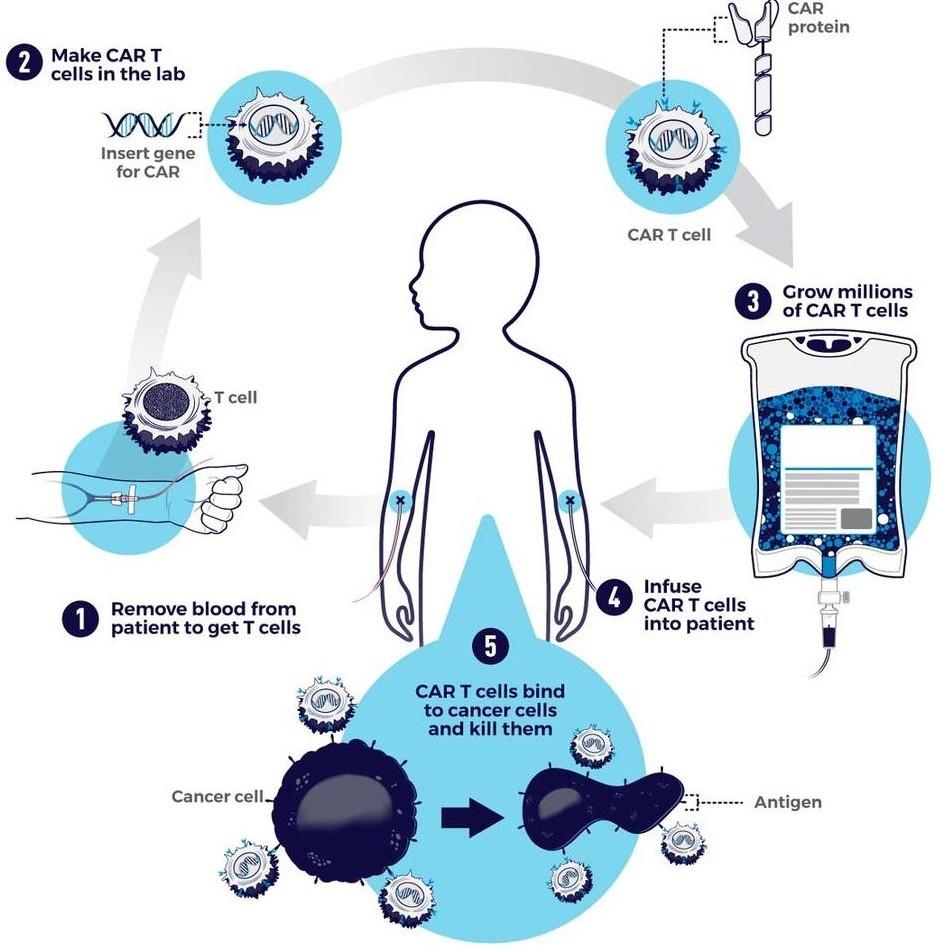

Alexandre Gervaud
Class of 2026Oakland Park, Florida
About
Hello. My name is Alexandre Gervaud. My research paper investigates the development, application, and promise of CAR T-cell therapy—a revolutionary oncological immunotherapy meriting continued interest. I aspire to further my education in biology and contribute to the advancement of scientific research.Projects
Alexandre's Symposium Presentation
Project Portfolio
Systematic Review of CAR T-Cell Therapy for Cancer Treatment in Leukemia and Beyond: Applications, Limitations, and Promise
Started Oct. 2, 2024

Abstract or project description
Chimeric antigen receptor (CAR) T-cell therapy is a new and groundbreaking immunotherapy that has advanced treatment for hematologic cancers like leukemia and has the potential to shape the future of cancer research. CAR T-cell therapy involves the extraction of patient T-cells, their genetical modification to include the chimeric antigen receptors recognizing the targeted cancer cells, their reproduction, and their reinjection into the patient. Applying this type of therapy has been especially impactful for leukemia, a prevalent and virulent cancer. A systematic literature review was conducted using targeted PubMed searches to synthesize peer-reviewed studies on CAR T-cell therapy, encompassing biological, translational, and clinical advances. This literature review explores the origins, molecular design, and mechanisms of action of CAR T-cells, detailing their evolution across multiple generations of engineering. The review also examines the therapy’s clinical efficacy on both solid and hematological malignancies, associated toxicities such as the cytokine release syndrome and the immune effector cell-associated neurotoxicity syndrome, and the current limitations of its solid tumor application. Additionally, considerations pertaining to cost, accessibility, and regulatory frameworks are discussed. Finally, this review highlights the future of CAR T-cell therapy, including allogeneic therapies and optimizations of autologous treatments. Although this therapy is primarily effective against blood cancers, it represents a consequential opportunity for improvement in varied cancer therapies. Further insights into this field will not only deepen our understanding of immunotherapy; they will also underscore the potential for innovative treatment developments to recognize and combat other types of lethal malignancies.